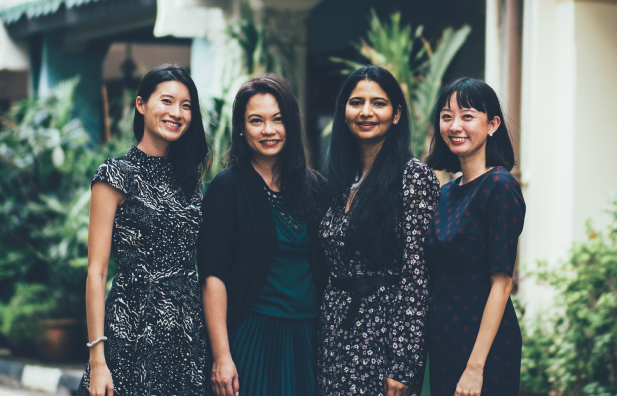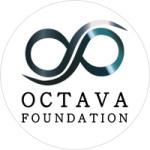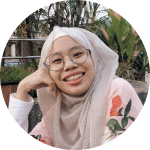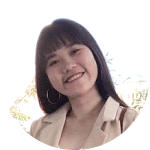The Octava Foundation Study Awards enable students to gain skills, pursue their aspirations and make a positive change in society. Founded in 2016, Octava Foundation Limited focuses on helping children and youth from economically disadvantaged families.
Nurturing
Change-Makers
from Young
A conversation on child and
youth empowerment

Q: Why has Octava Foundation chosen to focus on helping children and youths?
Octava Foundation: They are the future of our world. Investing in their holistic education and development is critical in helping them to achieve aspirations, which in turn can contribute to better lives for themselves and a better world for others.

Octava Foundation Limited: (left to right) Esther Heng, Elvira Tan, Raman Sidhu and Debbie Fang.
Q: All of you have a passion to help Singapore’s young. What does it mean to empower them?
Octava Foundation: Empowerment entails helping them to build their capacity so that they can better navigate society and overcome challenges; providing them with opportunities to pursue their dreams; and inspiring them to contribute back to the community – especially with the vulnerable in mind.
Fatimah: To me, empowering the young means helping them to gain life and work skills and increasing their understanding of various issues. This way, they can make informed decisions and have a voice in their families, communities and workplaces.
Jessey: Many youths face similar issues, but we rarely talk about them. We fear being vulnerable. But if we speak up about the crises we face, we will find that we are not alone. By learning together through our common struggles, we can really empower each other.
Octava Foundation: Fatimah and Jessey, we believe that both of you can be powerful agents of change despite the challenges you have faced or continue to face!
Q: How has the Foundation’s approach changed as it works with children and youth?
Octava Foundation: We are increasingly taking a more hands-on approach. By personally engaging with those whom we support, we can deeply examine the root causes of their challenges and seek best practices that help us better journey with them as they move up the education continuum.
Q: Jessey and Fatimah, could you share more about your aspirations working with children and youth?
Jessey: I want to inspire kids and youth with my own story and advocate for mental health. Despite having gone through a lot at different stages of my life, I stay positive! Our past does not define us; we can look ahead and chase our dreams fearlessly. Then, we see what we are truly capable of.
Fatimah: I would like to help children build up their self-esteem. I want to improve their communication skills and encourage them to voice their views, so that they can be heard, understood and accepted in the community.
Q: What impact would Octava Foundation like to see on the SUSS students whom it is supporting?
Octava Foundation: We wish to see the students we support in higher education like Fatimah and Jessey graduate successfully and go on to empower others. We hope that they have found strength and comfort through us. Seniors who have graduated from our programme can become role models for juniors as they grow in their careers and mature into inspiring mentors.
Memorable Lessons
Fatimah and Jessey reflect on a skill that they have each honed through the social work degree programme.
“The Ethical Principles Screen theory is particularly eye-opening. Using the theory, a social worker can prioritise the needs of the client while facing an ethical dilemma. One case study involved an abused youth who did not want to trouble her perpetrator, so she did nothing about her crisis. We prioritised her life and acted as a negotiator to communicate with the perpetrator to change his ways. As we did several case studies in the course, I also learnt to prioritise my own needs and appreciate the little things I have in life.” – FATIMAH
“I can now better understand and respect diverse views. In fact, listening to different perspectives sharpens my thinking. I learn to care for others by letting them have a voice and hearing them out. I learn to add value to their lives while they broaden my horizons. I also become a better person as I focus less on myself and more on others.” – JESSEY



